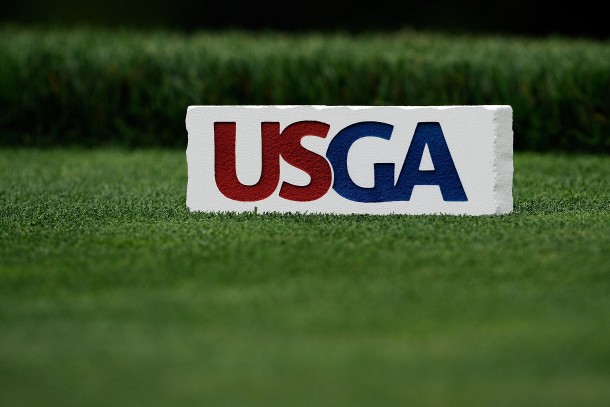The United States Golf Association released a list of changes to their official handicap system on Monday. Most of the changes made (listed on their official web site) are either minor tweaks or things that will only come into effect for those who play a considerable amount of golf or in tournaments. For most of the golfing public, these rules will mean very little.
The biggest rule, and the one that has golf writers discussing in mass this morning, is one that discusses peer review. Specifically, the rule no longer allows scores made by players who are playing alone to be posted for handicap purposes. The exact quote, extracted from their web site, is as follows:
"To further support the key System premise of peer review, scores made while playing alone will no longer be acceptable for handicap purposes. This change underscores the importance of providing full and accurate information regarding a player’s potential scoring ability, and the ability of other players to form a reasonable basis for supporting or disputing a posted score."
Sorry, those of you who like to get in a "quick 18" early in the morning. Your score no longer counts, according to the USGA.
The rule change is meant to ensure that everyone has a handicap that better reflects their actual talent. Many recreational golfers have lied about the scores they post in order to look better to their friends, and thus they have had a lower handicap than their real talent would naturally provide. In this sense, the USGA has the right goal in mind - but it is completely misguided in their approach and only does more to harm the game.
While there are many who lie about their scores, many more will play a solo round and post a legitimate round, especially those who wish to play in member-guest tournaments or club championships. Many of these players have jobs that force them to play only at certain times, and gathering a group of friends to go with them may perhaps be impossible. Solo golfing is also preferred for players who naturally play fast and wish to play at a course on a day that is not particularly busy.
While the USGA has admirable goals in mind when making these rule changes, they ended up making the game less accessible to a lot of people. Slow play has been crippling the game on every level - from weekend rounds to tournament play - and yet, by discouraging players from playing solo rounds, the USGA is enhancing that problem more than they are helping to eradicate it.
One final glaring problem with the rule change is the fact that liars and sandbaggers will continue to do so regardless of the rule change. There is no way to enforce the rule, as scores can be posted at any time. A player can claim he played with someone else even if they did not. Those that wish to honor the rules of golf and the handicap system, however, will likely be the ones who are deterred from this new rule.
Golf is having a real problem attracting new players as others continue to leave the sport. The USGA should be focusing their efforts on making the game more accessible to younger players and those from lower economic backgrounds. By focusing their time and energy on on making rule changes that will not eliminate a problem, all they do is continue to hurt the product.





































